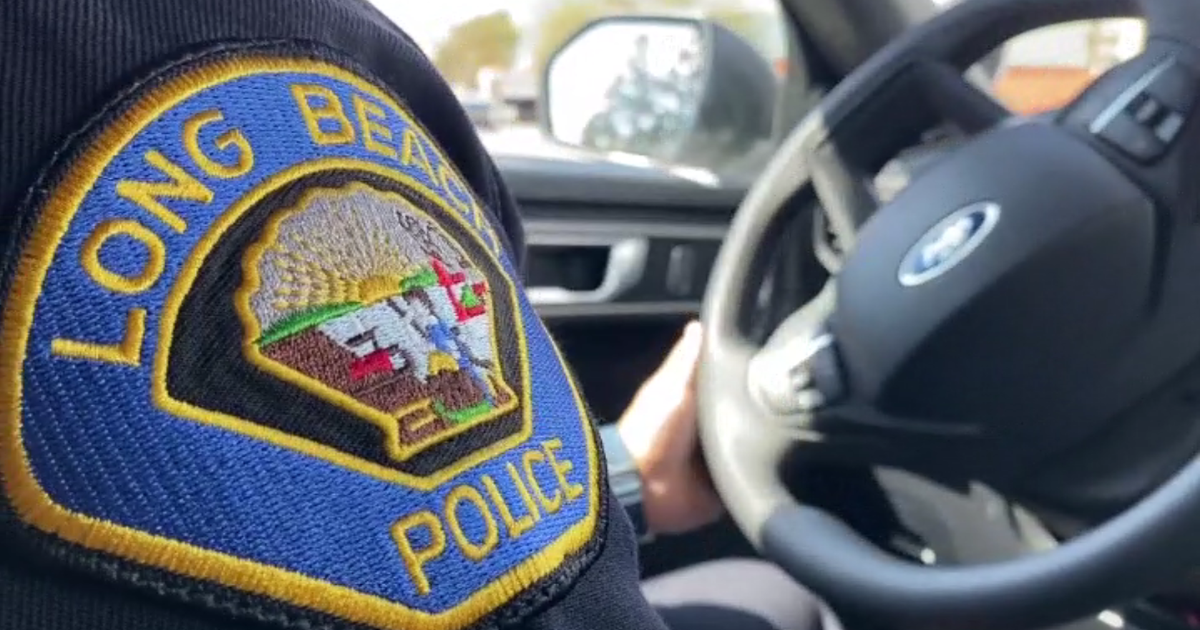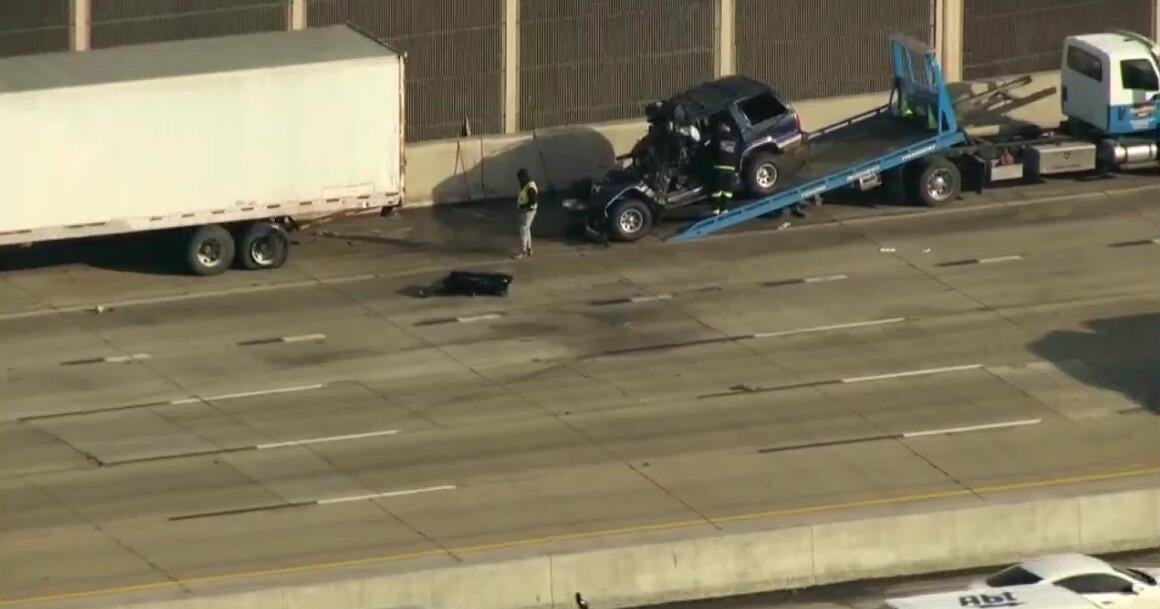How roundabouts improve traffic safety and lower carbon emissions
Carmel, Indiana, is sending drivers for a loop — by design.
The city is home to 142 roundabouts and counting — more than any other city in the country. Mayor James Brainard said they make the community safer and greener.
CBS News rode along with Brainard through some of the roundabouts, where he pointed out why he prefers traffic circles over intersections with stoplights.
"Two cars are going through this intersection," he said while navigating a standard intersection. "A roundabout would have moved 30 cars through in the same amount of time."
By 2025, Carmel, home to more than 100,000, will have just one stoplight.
"We don't have to pave over paradise," Brainard said. "We can keep our roads more narrow, and that's better for the environment. It's better for pedestrians."
The roundabouts keep vehicles flowing, but they also slow traffic down, and slower traffic makes the roads safer for pedestrians and bicyclists. Roundabouts don't require electricity, so they continue to function during power outages and severe weather that can black out a traditional stoplight intersection.
There has been a bit of a learning curve for drivers, but Carmel has been able to remove traffic lanes even as its population has more than quadrupled.
The Insurance Institute for Highway Safety found that Carmel's switch to roundabouts cut injury crashes in the city by nearly half. Busy intersections, like highway exits, saw an 84% drop.
"As traffic fatalities continue to rise in the U.S., we really need to use all the tools in our toolbox, and roundabouts are one of those tools that we've seen be effective," said Jessica Cicchino, vice president of research at the Insurance Institute for Highway Safety.
And there's an environmental benefit as well. By eliminating idling at traffic lights, Carmel's roundabouts remove the equivalent of 5,000 cars' worth of carbon dioxide, while saving the city's drivers an estimated $14 million in gas annually, according to former city engineer Michael McBride.
"We're talking about human lives being saved by roundabout intersections. Once the world embraces that, roundabouts will be everywhere," said McBride.
Nationally, there are about 7,900 roundabouts. New York and Virginia now require they be considered as an alternative.




